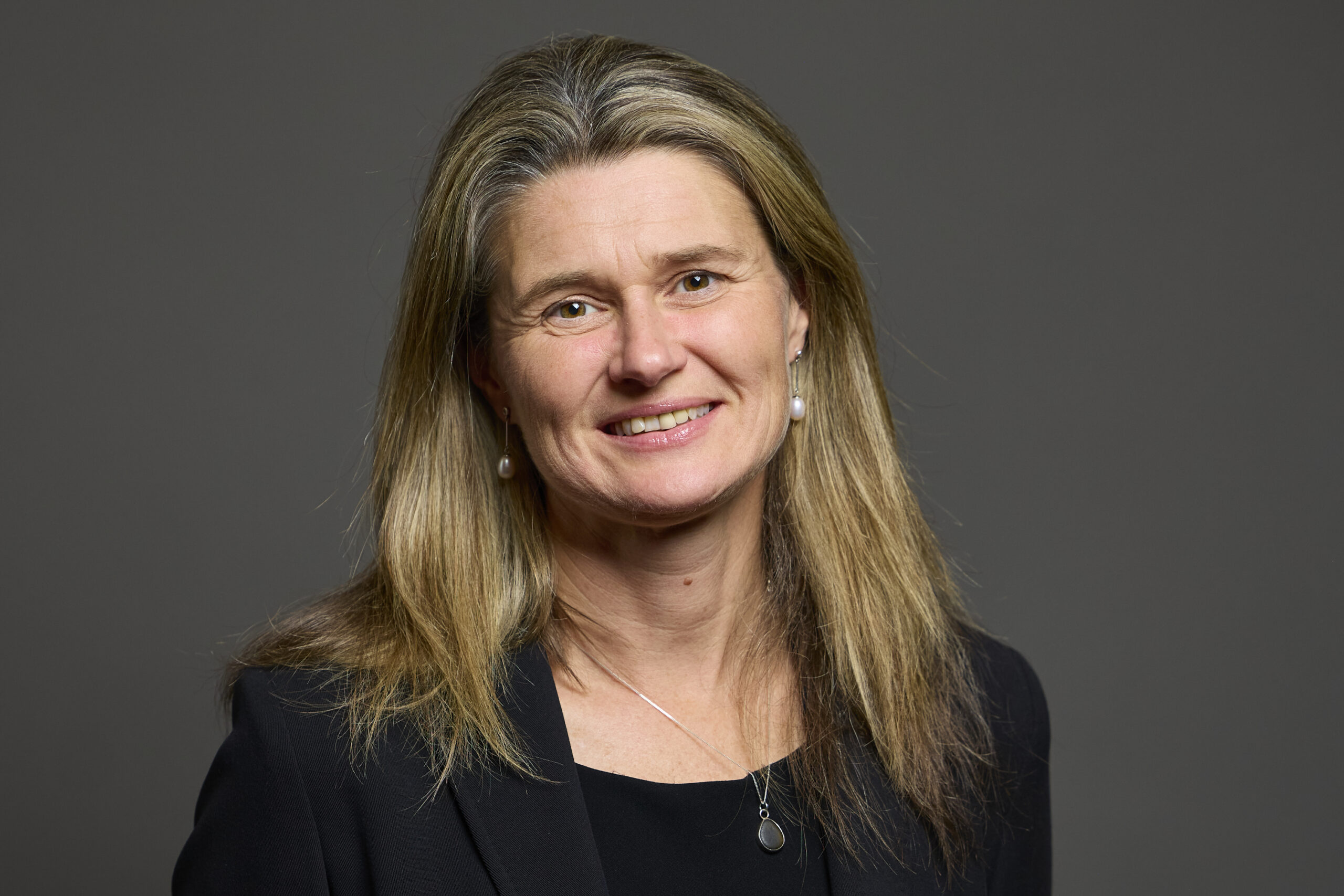Surf, sun and sand. That’s usually what comes to mind when people think of Cornwall. It is, rightly, the tourist capital of the country. It’s also much more than that.
Cornwall’s real riches are buried under our rock, under the waves that surround our 400 miles of coast, in our south-westerly winds and from our solar rays. Our geography and landscape are unique and fundamental to our potential. We are surrounded on three sides by the sea, in particular the Celtic sea, which has a great water depth—Falmouth is the third deepest harbour in the world. We are sitting on globally significant mineral deposits, and our granite holds the heat of geothermal energy.
In my constituency, and those of my fellow Duchy members, renewable sources generate around 37% of Cornwall’s electricity. The renewable sector is thriving—with solutions and innovations in the marine, geo, tidal and wind spheres—and if we’re willing to scale up, invest, show ambition and determination, provide a long-term strategy and make the most of the opportunities that already exist, renewables in Cornwall can lead the way, both nationally and internationally.
In many areas we already are. For example, Kensa, on the edge of my constituency, is one of the largest manufacturers of ground source heat pumps in Europe, while our Cornish ports and harbours, such as Falmouth, are well placed to support floating offshore wind, with well-established marine engineering solutions, servicing, assembly and maintenance systems.
Cornwall’s mining heritage also make it ideally positioned to benefit from new opportunities. We’re blessed to have resources of tin and lithium that are simply not available anywhere else. Tin is used in the manufacture of virtually every single electrical device and demand over the past decade has rendered it commercially viable to reopen some of our historical mines, most demonstrably South Crofty, where pumping out water from the flooded chamber is already well underway. Also, the UK currently imports 100% of our lithium, a vital component of electric vehicle batteries, and yet Cornwall has the largest lithium deposits in Europe. If we want to we can feed the new battery factory in Somerset and boost our automotive industry without being reliant on foreign imports from east Asia and Latin America.
This government have ended the de facto ban on onshore wind, and have plans for trebling solar and quadrupling offshore wind. Cornwall can lead the way here too. Establishing floating offshore wind in the Celtic sea, which wraps around Cornwall, could create the next frontier in the UK’s clean energy transition, with the potential for 4 GW of power by 2035, enough to power 4 million homes.
However, the previous government awarded £160 million into a Floating Offshore Wind Manufacturing Investment Scheme (FLOWMIS) with no national strategy in place. The current government has pledged £1.8 billion to a ports fund, which is welcome. However, the French Government have just put €900 million into the port of Brest—that is the equivalent of half our entire national ports fund for the next ten years invested in just one French port. It is believed that the UK’s floating wind industry will be able to support 97,000 jobs by 2050, contributing £47 billion to our economy, which more than pays back such an investment.
This shows that the benefits of developing renewables go beyond generating clean energy and meeting the net zero target; it’s an ambition that creates new industries requiring new skilled workers adding social value to the local community. This was evidenced, on a smaller scale, back in 2010, when the village of Ladock, in my constituency, won £500,000 to invest in solar panels, biomass boilers, and ground-source heat systems. Two years later profits provided a playing field and a safer school crossing. Investing in renewables is investing in our future.
To achieve net zero by 2030, Britain needs Cornwall. We are ready to be the multi-renewable power production capital of the UK. It is a vision of vast scale, which is not without challenges, but it shows that Cornwall is crucial because of what we offer, rather than what we need.


